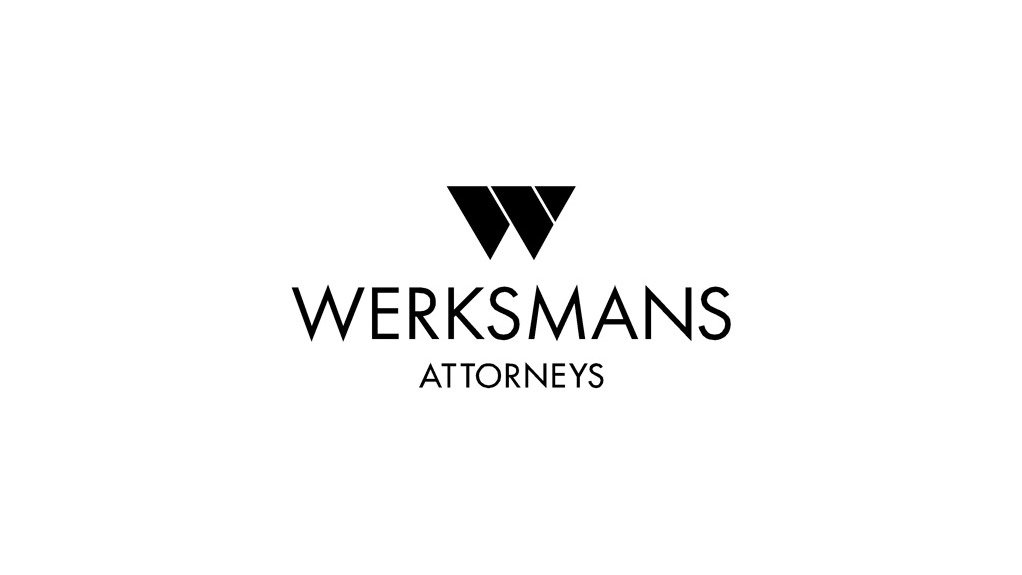The United Kingdom Supreme Court was called upon to determine whether or not the Uber drivers (claimants) were employees of Uber BV and if the answer is to the affirmative, the employees would have a right to be covered by the National Minimum Wage Act.
The Supreme Court delivered its judgment on 19 February 2021.
There are basically three parties involved in this relationship, namely, Uber BV, a Dutch company, Uber London Ltd, a subsidiary of Uber BV based in London and the drivers.
In the service agreements concluded between Uber and the drivers, the drivers are referred to as independent contractors and not employees.
The Supreme Court held that the question of whether Uber drivers were workers or employees of Uber within the meaning of legislation designed to protect employees, is not determined by applying ordinary principles of contract law to the contractual terms of the agreements between the parties. Those contractual provisions were inserted (by Uber) with the intention of excluding the operation of employment legislation.
The Supreme Court investigated the relationship between Uber BV and the drivers and found that because of the degree of control Uber exercised over the drivers, Uber BV was the employer.
In coming to the conclusion, the court considered some of the following factors:
1. that the private hired vehicle license used by the drivers was in the name of Uber London;
2. the passenger contacts Uber for transportation, in turn Uber engages the driver to ferry the passenger;
3. the fare amount is fixed by Uber;
4. the driver undergoes Uber training at Uber's premises;
5. the driver is subjected to the performance standards set by Uber; and
6. there is no direct contact between the passenger and the driver.
This decision, in our view, might be followed by other courts in other jurisdictions. The implications of this decision are not only for Uber but also extend to those companies that operate similar businesses to Uber.
It is in no doubt going to be a game changer, not just for Uber but also for other businesses that have owner drivers.
A similar matter came before the Labour Court. Because of the failure to join Uber BV to the proceedings, the court was constrained to deal with the relationship between Uber BV and the drivers. The Labour Court came to the conclusion that the drivers had concluded contracts with Uber BV and their claim potentially lay against Uber BV.
According to the Labour Court, the commissioner ought to have upheld the jurisdictional challenge raised by Uber SA because there was no contract between Uber SA and the drivers.
Written by Sandile July, Director and Labour Law specialist at Werksmans Attorneys
EMAIL THIS ARTICLE SAVE THIS ARTICLE ARTICLE ENQUIRY
To subscribe email subscriptions@creamermedia.co.za or click here
To advertise email advertising@creamermedia.co.za or click here











